In Kenya ,there are several goat breeds that are well-suited to the local climate and conditions.The choice of the best breed depends on your specific requirements,such as milk production,meat production or overall adaptability.Here are some of the popular breeds in Kenya.
1. Galla goat
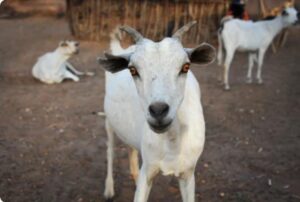
Also known as the borana or Somali goat. This breed is well adapted to arid and semi arid regions. The Galla goats are known for their resilience, adaptability and ability to survive in harsh environments.
2. Small East African goats (SEA)
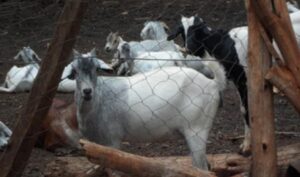
This is a local breed found in Kenya and other East African countries.Theyb are hardy, -resistant,and well suited to the diverse agro-ecological zones of the region.
3. Saanen
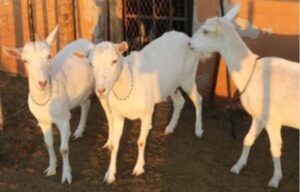
Know for it’s high milk production and is popular among dairy goat farmers.Saanen goats have white or cream-colored coats and are well suited to cooler regions with better access to quality feed.
4. Toggenburg
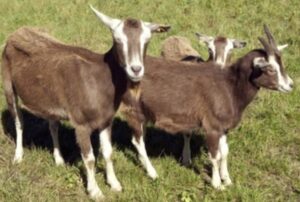
In Kenya toggenburg has gained popularity for it’s high milk production.Toggenburg goats have a distinctive color pattern with white/cream-colored bodies and brown markings.They are easily adaptable to different climates.
5. Boer
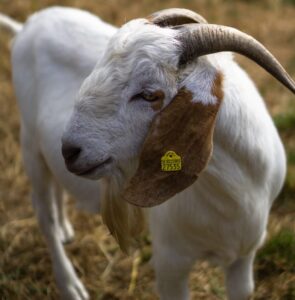
Originally from South Africa but due to its ability to grow fast and high meat production has gained popularity in Kenya.The Boer are relatiy large goats with a white body and a reddish brown head.
6. Alpine
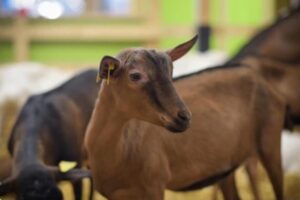
The alpine goats are dual purpose, that is the are adaptable and suitable for both milk and meat production. They have a good milk yield and are known for their ability to thrive in various climatic conditions.
7. Jamnapari
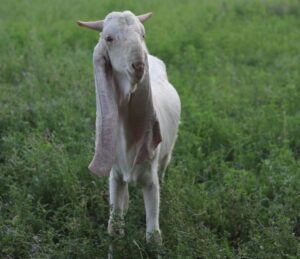
This breed originally from India is known for its large size and high milk production.This goats have long ears and a distinctive appearance making them popular in the dairy industry in Kenya.
It is important to consider factors such as your location, farming objectives and available resources when choosing the best goat breed for your specific needs. Additionally, consulting with local farmers and an agricultural extension service provider or a veterinarian in your area can provide valuable insights on the most suitable breeds for your region.

Am a goat farmer and the article is detailed and very informative.keep up the great work of educating us farmers and pet lovers